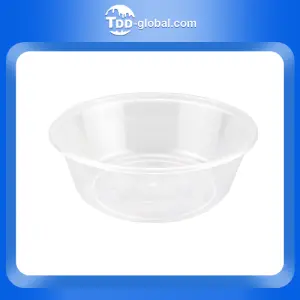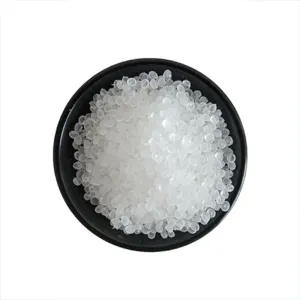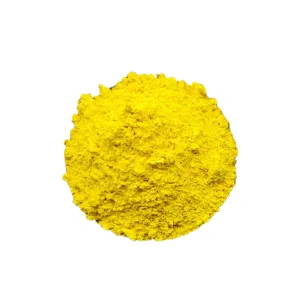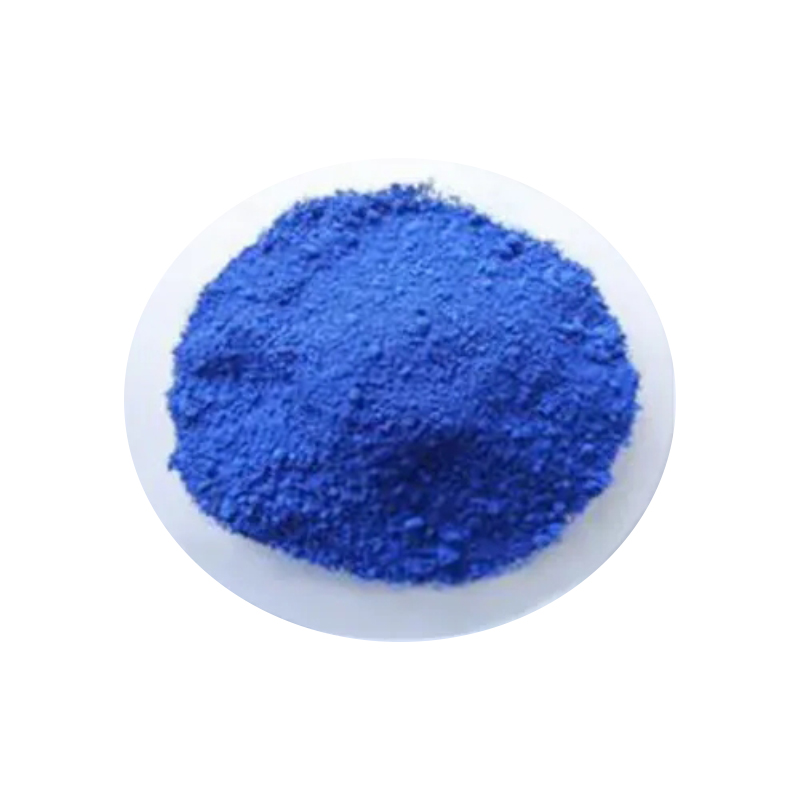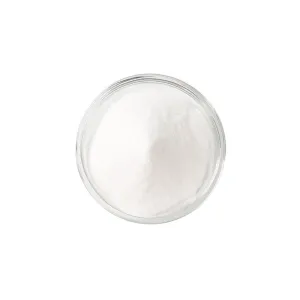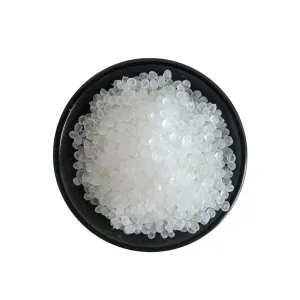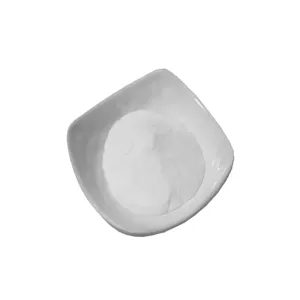Q
where are ford vehicles built
EngineerEnthusiast: Explores all things engineering in industry – from design process to implementation.
Ford vehicles are manufactured in various locations worldwide. including Dearborn. Michigan; Louisville. Kentucky; Kansas City. Missouri; Chicago Heights. Illinois; Wayne. Michigan; Cuautitlan. Mexico; Valencia. Spain; Cologne. Germany; São Bernardo do Campo. Brazil; and Chongqing. China. Production sites may change due to model updates. market demand and other factors. For the most up-to-date information on a specific model number. we recommend checking with us directly.
You May Like
Indian Oil Corporation Limited (IOCL), one of India's leading public sector oil and gas companies, has been expanding its portfolio into petrochemicals, including polypropylene production. As of my last update, IOCL operates a significant polypropylene (PP) capacity at its Panipat refinery in Haryana. This capacity was enhanced with the commissioning of a new polypropylene plant in 2021, aiming to meet the growing demand for plastics and polymers in domestic and international markets. The Panipat plant's capacity stands at approximately 857,000 tonnes per annum, making it one of the largest PP production facilities in India. This expansion aligns with IOCL's strategy to diversify into high-margin petrochemical products and reduce its dependence on traditional fuel markets amid shifting global energy trends.
As a result of the photoelectric effect on titanium. electrons can be emitted from its surface at a certain frequency when the photoelectric effect is above this frequency. A variety of applications can be performed using electrons emitted in this way. including electron microscopy or vacuum tube technology. Other methods include heating the metal thermoelectric emission or strengthening the electric field field electron emission.
Polypropylene (PP) is a thermoplastic polymer used extensively due to its unique properties such as resistance to chemicals, elasticity, and toughness. An everyday example of polypropylene is food containers. These containers are popular because PP does not leach chemicals into food and can withstand the rigors of microwave heating and dishwasher cleaning. Furthermore, its ability to resist fatigue makes it an ideal choice for lids that need to be opened and closed repeatedly. Beyond kitchen uses, polypropylene is employed in automotive parts, medical devices, and textiles, showcasing its versatility across industries. Its recyclability also underscores its appeal amidst growing environmental concerns.
You May Like
Q&A
- •benefits of fiber pills
- •how to test for titanium toxicity
- •when discovered titanium
- •what is ramie yarn
- •what titanium used for
Popular Information

